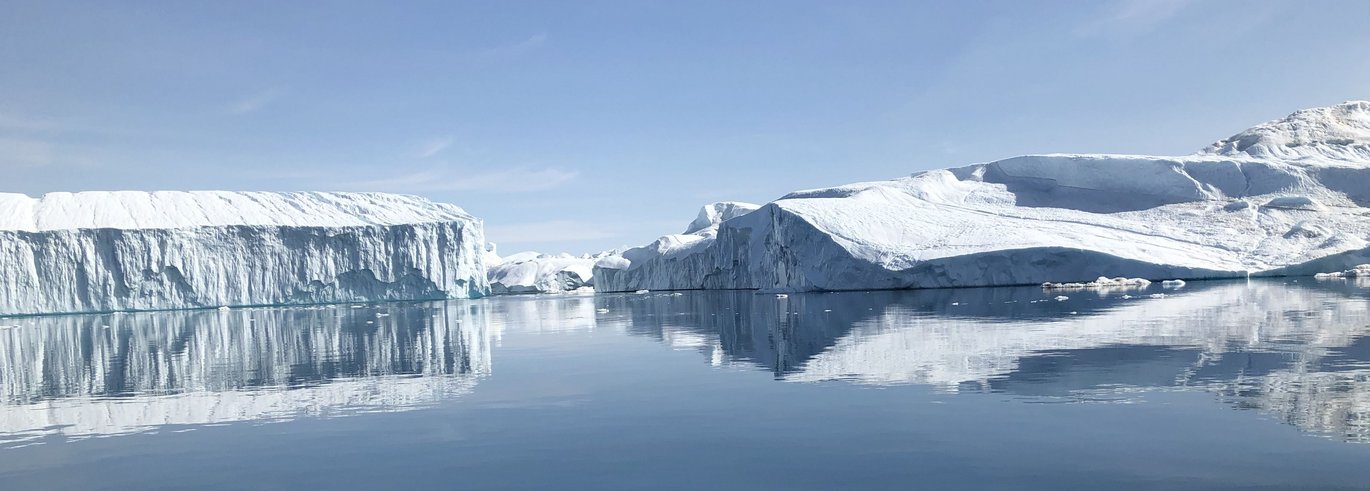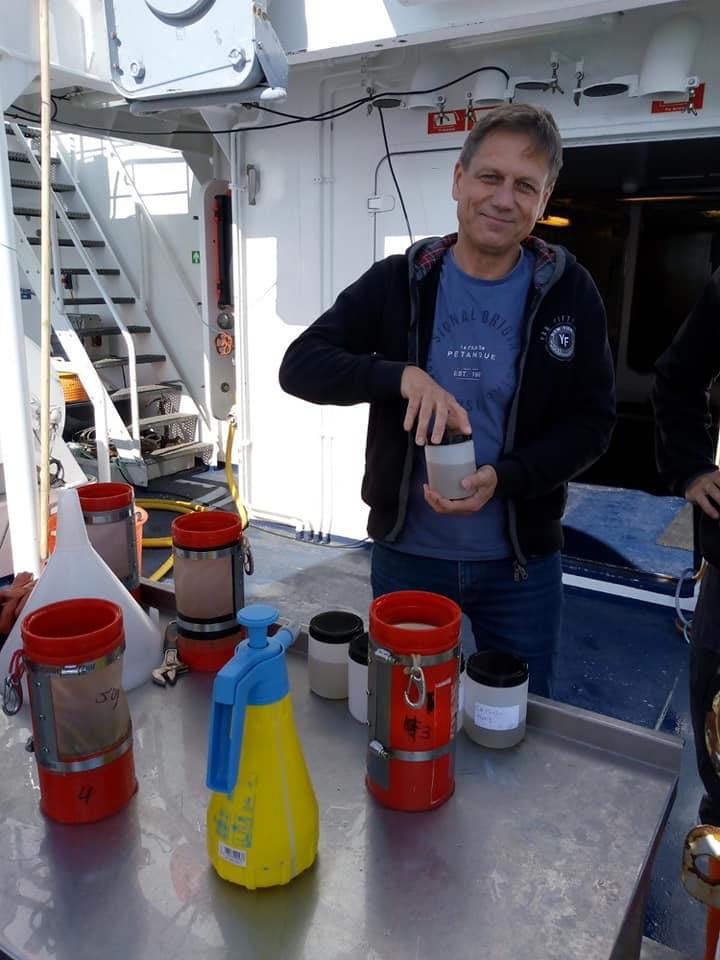Scientist of the Month - April
This month we take another deep look into the site and marine monitoring programme at Disko Bay as well as outreach in the shape of education with GEM scientist Per Juel Hansen from University of Copenhagen. Interested in microbial interactions, he particularly focuses on how climate change alters the plankton community structure and production in the Arctic.


Less sea ice cover are expected to change the structure and function of the plankton community in Disko Bay, which may have significant impact on shrimp and fish stocks in the future, and thus impact fisheries. While local hunters have been helping research at Disko Bay (read more in February’s SOTM post by Torkel Gissel on this matter), science here can supply knowledge to understand fisheries in this area.
He first visited the University of Copenhagen’s field station in Qeqertarsuaq, Disko Bay, in 2011 and 2012. Here he did some vertical measurements of pH/dissolved inorganic carbon in the area, and studied the responses of the plankton community to different levels of pH together with some M.Sc students and colleagues. They discovered a huge variability in pH/DIC in the transition from winter to spring, indicating that the variability in these parameters by far exceed the projected pH changes due to climate change over the next century. They also discovered that the spring plankton community was quite resilient to the potential acidification that is projected for the future, although the low winter pH observed in the area had some clear effects the plankton community. This sparked his interest for the effects of climate change on the marine Arctic food web.
Per got involved with GEM in 2018 as the Programme manager, when the MarineBasis programme at Disko Bay site was first funded. The MarineBasis programme involves researchers from University of Copenhagen (BIO, SNM, IGN), DTUaqua, and Aarhus University and is split into four parts:
1. Monthly samplings at the monitoring station at Qeqertarsuaq, where physical and chemical parameters are measured and the planktonic community is quantified, covering bacteria, algae, proto- and metazooplankton and fish larvae. Species diversity is further studied through DNA analyses of water samples.
2. Two 4-days cruises in May and August around the Disko Island aim at studying the hydrography, chlorophyll and nutrients in the area to evaluate how representative the permanent monitoring station is for the Disko Bay system.
3. The possible impact of climate change on suspended material in the water column
4. The distribution and production of macroalgae.
The field station in Qeqertarsuaq is an ideal site for teaching courses and the University of Copenhagen offers a summer course for M.Sc. Biology students (12 students) every year. They stay for two weeks to study various aspects of Arctic biology at Arctic Station. The station also joined social media through an active twitter and facebook account, so feel free to stay up to date here: https://twitter.com/ArcticStationUC
This year has been a challenge so far due to the Covid-19, and furthermore the field station in Qeqertarsuaq will be closed for reconstruction by September 1, 2020. It is expected that the renovated station will open up in Spring 2021.
“We have been fortunate so far because we have a good collaboration with the local hunters, and due to them, we have to a large extent been able to keep up the sampling programme at the permanent marine station”
One a larger scale, Per mentions that there is still much more to learn about Arctic ecosystems, and national funding for research in Arctic ecology, is a big wish. There is still a lot to do regarding monitoring and basic research regarding the impact of climate changes in the structure and production of the Arctic ecosystem.